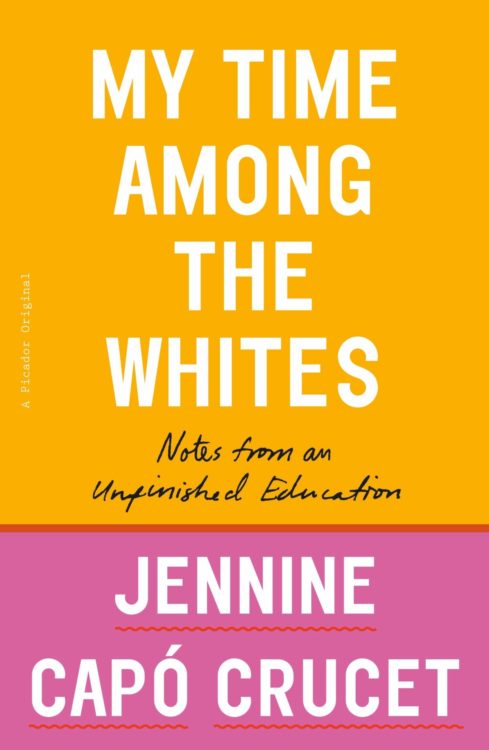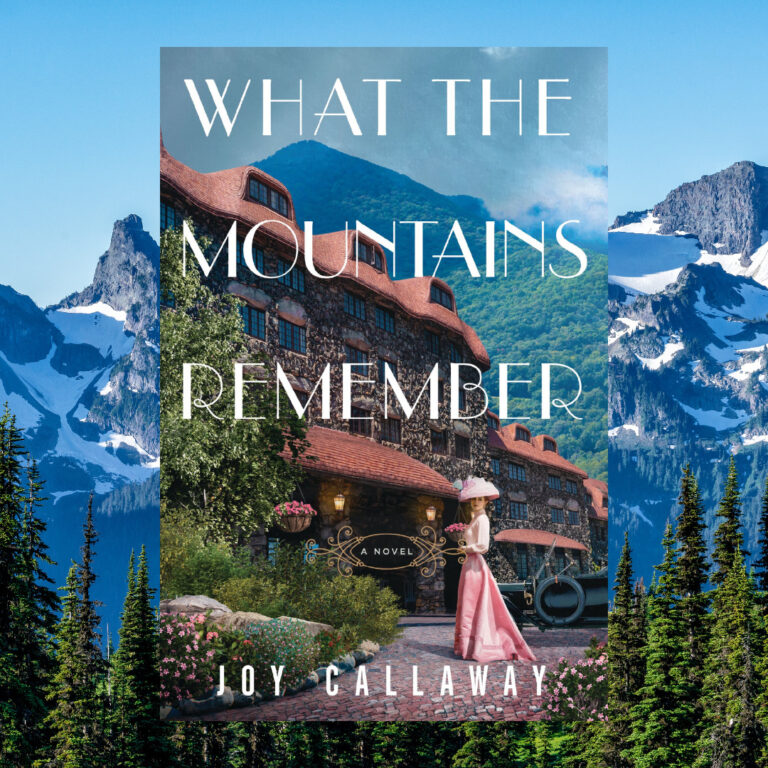[Note from Frolic: Today, frolic contributor Alexandranis in conversation with Jennine Capó Crucet!]
1) What was your inspiration behind writing My Time Among the Whites?
Jennine: A few of the pieces are based on my work for The New York Times, so I was mostly inspired by current events, especially as they related to the Latinx community, higher ed, and ideas about what it means to be a citizen. I was also inspired to write a book that could serve as a tool for having tough conversations (that are also compassionate) with the people we love — something that has felt more and more critical in the months leading up to the election.
2) In your chapter about Disney World, you clearly state the intense love of Disney that we both share. How do you navigate your love of Disney knowing that there are many problematic issues with the way they handle diverse characters and gender as a whole?
Jennine:It can feel very complicated, but also, it’s sort of not, right? The answer to your question is basically what takes me the whole essay to figure out for myself, and by the end of it, I came to understand that what I thought of as “love” was basically something engineered by and instilled in me by a giant corporation that is making billions of dollars off of our so-called love for them. So I don’t so much navigate a love for Disney anymore; it’s more about acknowledging the ways they’ve poisoned my brain and then trying as best as I can to limit my exposure to everything they have to offer. This is probably why I’m one of the few people left who hasn’t signed up for Disney Plus.
3) What is your advice for first generation college students who feel the pressure to find a dependable job and dream about venturing into a more artistic field?
Jennine: When I knew I wanted to be a writer, I also accepted that that wasn’t going to be the way I earned a living, especially not right away. So the best advice I can give to first-gen folks who dream of being artists is to go ahead and give in to that pressure to find that dependable job, but make sure it leaves your brain and heart open for the artistic work, which will turn into your real career someday. My first job out of school was working at a day care. It had nothing to do with writing at all. It paid my bills and gave me the mornings to write, and over time, that’s how I wrote my first book, How to Leave Hialeah, while working there. Then when I moved to LA, I worked at a nonprofit job and worked nights and weekends on my novel, Make Your Home Among Strangers. And even now, I have a day job as a professor — a job I got in part because I’d published two books — and while teaching my classes, I wrote My Time Among the Whites. First-gen college students know how to work hard and defy odds and overcome all sorts of obstacles: the best advice I can give is to apply those skills to finding a job that allows you to protect your best energy and time for your artistic pursuits, and to not be scared to give it time to work out.
4) As someone who left Miami for four years to go to college in Orlando, I instantly related to the feeling of homesickness that you described in your experience of going away to college. We both know that there is nothing that quite compares to Miami. Since you now reside in Nebraska what do you miss most about being away from Miami?
Jennine: I miss being near my family. I miss watching my niece grow up. I also miss warm weather and having access to fresh produce year-round. I miss how easy it is to grow things down there. And I miss being able to buy café from windows and milk from La Vaquita. And I miss Publix.
5) Your Going Cowboy chapter was one of the many parts I connected with as a white passing Latina who was constantly teased for not being the right kind of Latina. This teasing and questioning resulted in me experiencing a major identity crisis. Any advice for the white passing community and how to deal with a society that constantly wants to pigeonhole us?
Jennine: One of the points of that essay was me realizing in real time that passing for white was actually protecting me in that moment, which is something I’d never encountered so aggressively or obviously before. I think it’s important that we work to remind non-Latinx people that Latinx Americans come in all shapes and sizes and colors. There is no one Latinx body that we should all hope or strive to look like.
6) What Latinx authors do you recommend reading for the year 2020?
Jennine: I am most looking forward to a new book of poetry by Natalie Diaz. It’s called Postcolonial Love Poem and comes out next March.
7) Are you working on anything at the present you would like to share with your readers about?
Jennine: As referenced in the last essay of the book, I’m working on a new novel that’s set in Miami (and a few other places). It’s extremely fun to write and it makes me happy every day, even thought it’s largely about climate change and the fact that Miami will be underwater a lot sooner than we all want to admit. It’s the most Miami thing I’ve ever written. That’s probably why I love it so much.













1 thought on “Jennine Capó Crucet: “First-gen college students know how to work hard and defy odds and overcome all sorts of obstacles.””
I loved your Interview and look forward to reading the book